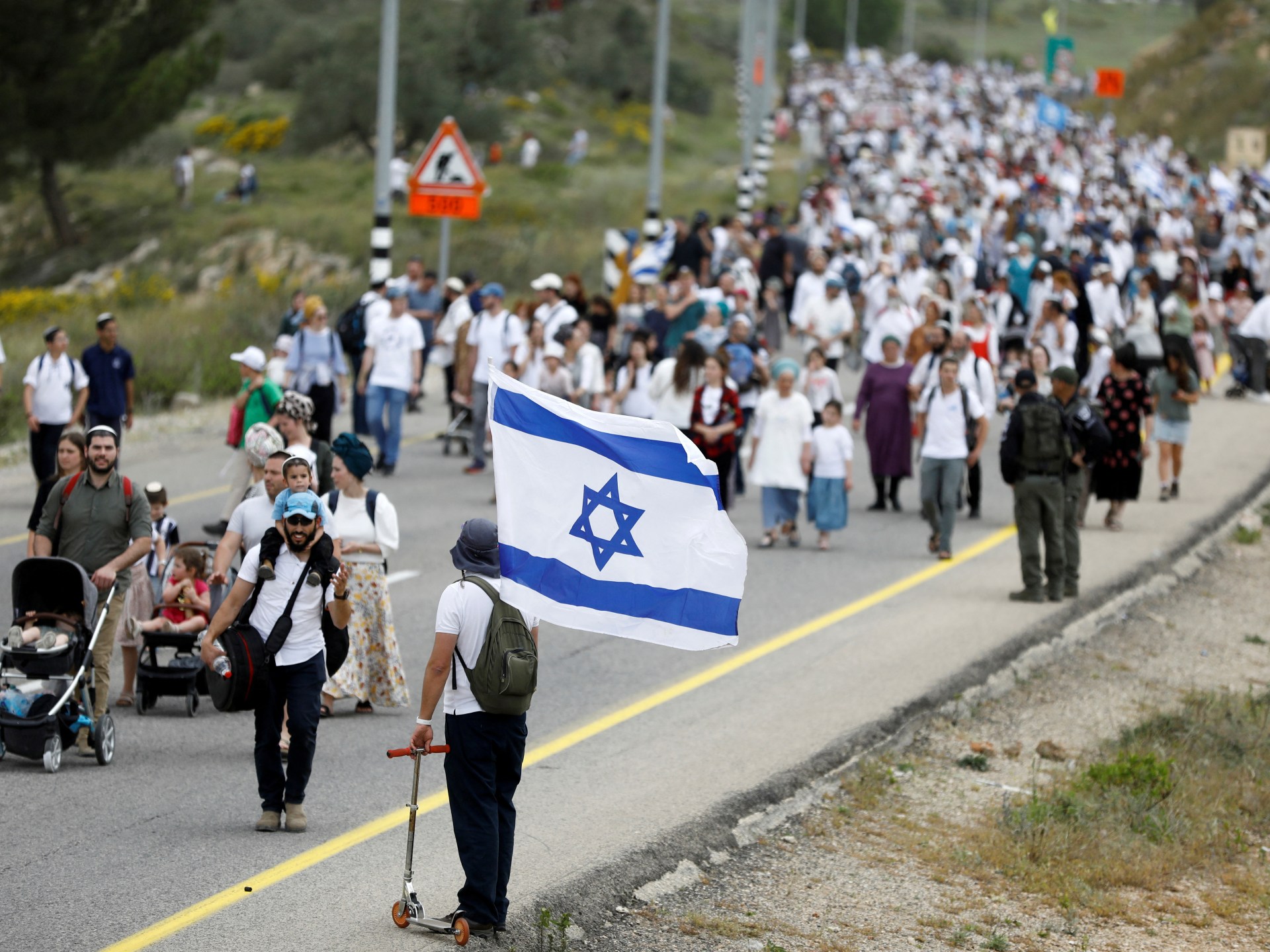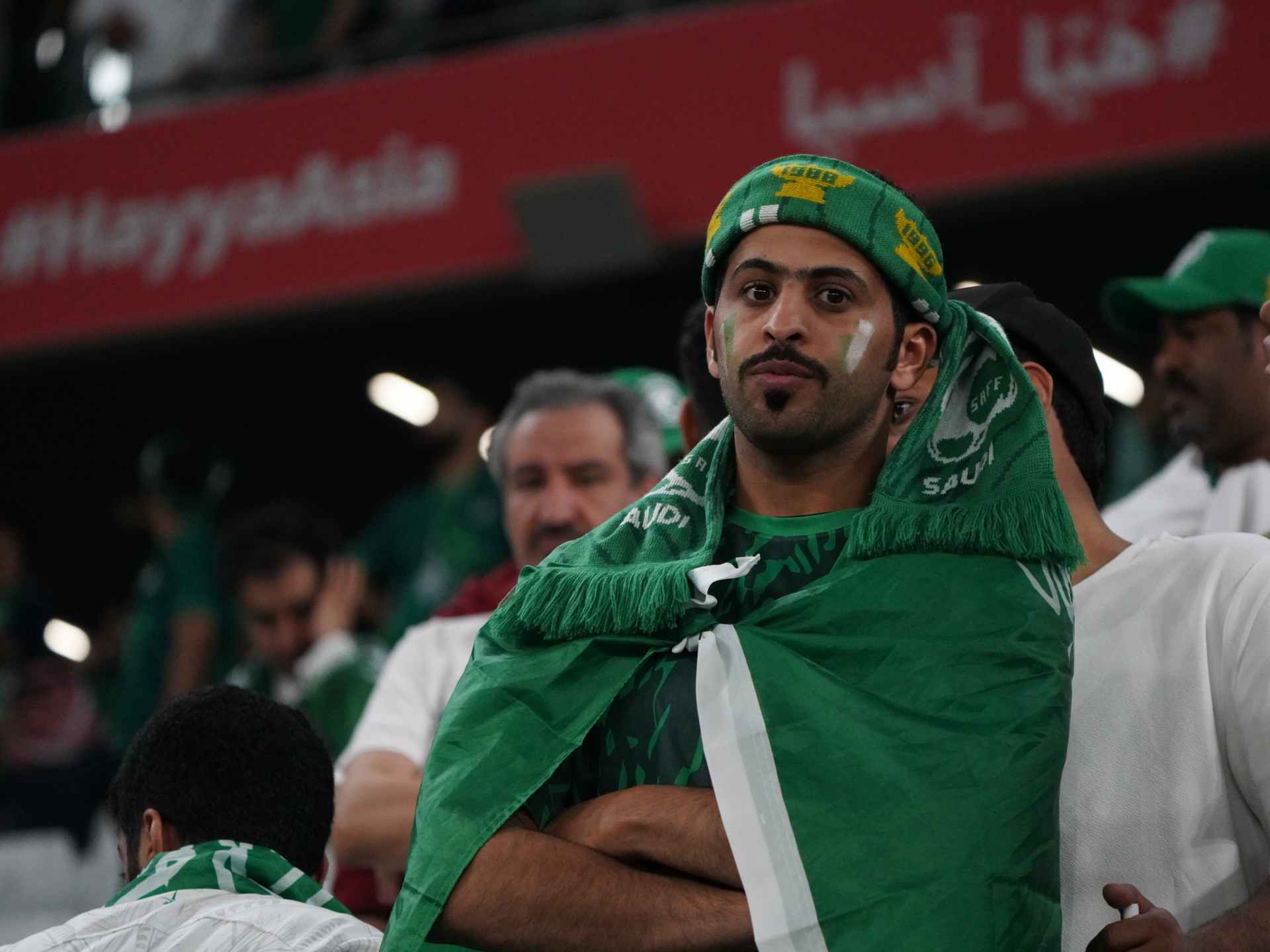
Even the dead are not spared from the war in the Gaza Strip. The bodies are dug up by Israeli soldiers and hasty burials take place in hospitals and even a school.
In the Tuffah district of Gaza City, covered bodies of Palestinians, removed from their graves, lay on the muddy earth.
The desecration is part of a pattern that has seen Israeli forces damage or destroy more than 2,000 graves across the territory by Israeli forces, according to the Palestinian Ministry of Awqaf and Religious Affairs in the Hamas-controlled area.
The Israeli military stated that it “in no way targets cemeteries as such and does not have a policy of damaging or desecrating cemeteries.”
But it also said that “cemeteries or certain burial sites, like other civilian sites or structures, can be damaged during war.”
Responding to allegations that soldiers had stolen bodies from graves, the military told AFP it was “taking action at the specific locations where information suggests the bodies of hostages may be located.”
“The authorities have determined that this is not the case [to] “The return of hostages will be done with dignity and respect,” it said in a statement.
The current conflict erupted after Hamas attacks in southern Israel on October 7, which killed around 1,140 people, mostly civilians.
Hamas also captured around 250 people. According to Israel, 132 of them are still in the Gaza Strip, including the bodies of at least 28 people.
Israel’s relentless military offensive has killed at least 26,637 people in Gaza, most of them women and children.
“Their souls trembled.”
Saida Jaber recalled seeing footage on social media of the destroyed cemetery in the Jabalia refugee camp at a school full of displaced people in Deir el-Balah, central Gaza.
“I felt like my heart stopped,” Saida said, adding that her father, grandparents and other relatives were buried at the site in northern Gaza.
“I felt that their souls were trembling… I cannot imagine how anyone dares to dig graves and violate the sanctity of the dead,” Saida said.
As the fighting continued, many Palestinians in Gaza were unable to reach cemeteries and instead sought out makeshift cemeteries.
In a former school hostel in the central Maghazi refugee camp, a woman touched the sandy soil in the courtyard where her daughter was buried.
“My daughter died in my arms… we waited day and night and couldn’t send her to the emergency room,” said the woman, who did not give her name.
She said rockets hit the school grounds and ignited gas canisters, leading to deadly explosions.
A man who looked after the site said more than 50 people were buried there, with three or four bodies in each grave, their names written either on bricks or on the adjacent wall.

“Dying of Sorrow”
The death toll is so high that victims of Israeli attacks have been buried in mass graves across the Gaza Strip.
Rows of bodies were buried on the grounds of al-Shifa Hospital, the largest hospital in Gaza, where people separated their graves with stones and plant branches.
“When we went to the cemetery, she [Israeli forces] “They could bomb us and we would die,” said Arfan Dadar, 46, who lives with his family in a tent on the hospital grounds.
Dadar said Israeli soldiers shot his 22-year-old son as he returned to hospital in Gaza City.
“I marked his grave, [but] Now the hospital park is full of mass graves. I barely recognize my son’s grave,” he said.
Palestinians in Gaza have said they hope to kill their dead after the war ends.
Al Jazeera’s Gaza bureau chief Wael Dahdouh said he had “no choice” but to bury his son in a crowded cemetery in southern Rafah after the young journalist was killed in an Israeli strike.
“We will transfer him to the Martyrs’ Cemetery in Gaza after the war is over. We want his grave to be near us so we can visit him and pray for him,” Dahdouh said.
Jaber said she longed to return to Jabalia to visit the graves of her relatives. “I will die of sorrow if they too are swept away.”






Recent Comments